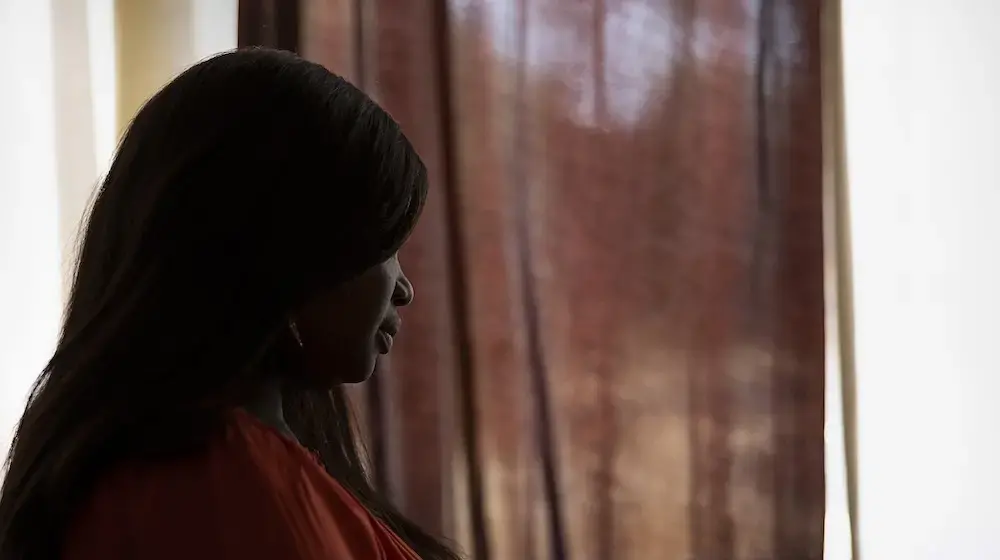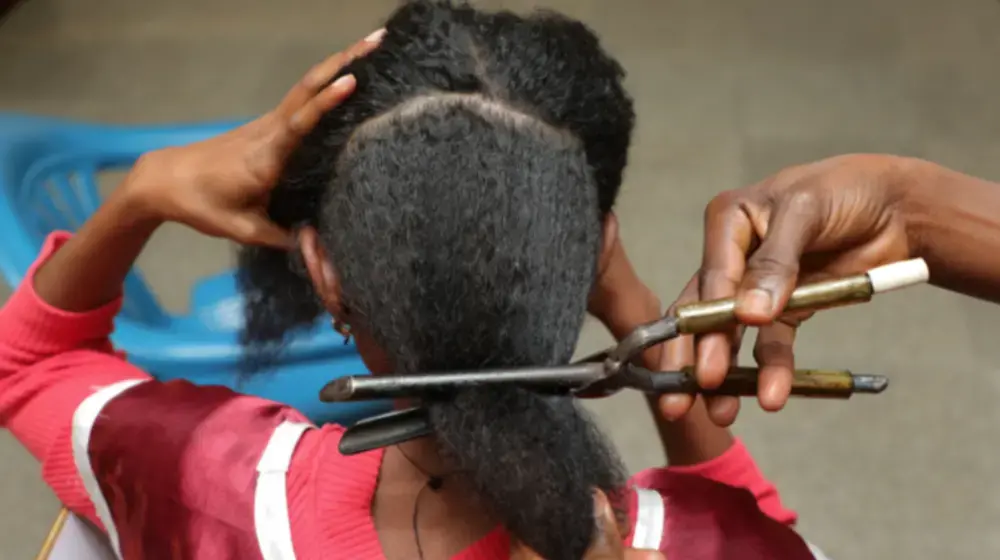Mozambique – Less than a year ago, Yolanda Ijracoze, an 18-year-old a refugee from Burundi, found herself waiting to be treated for obstetric fistula at Nampula Central Hospital. She had suffered from the childbirth complication for three years and had been forced to leave school, ending her dreams to become a doctor.
The hospital was the chosen site for a fistula treatment campaign led by the Ministry of Health and supported by UNFPA. Yolanda, accompanied by her mother, waited anxiously to enter the operating room.
Three years later, not only has her fistula been cured but she now works as a mentor to help transform the lives of other girls and young women in her community: “Sharing my story helps inspire girls and young women in my community to go for treatment and to protect themselves from early pregnancy,” says Yolanda.
Risks of adolescent pregnancy
In Mozambique, 38 per cent of adolescent girls between 15 and 19 years are either pregnant or already mothers – among them, Yolanda.
Every year, 7.3 million girls under the age of 18 give birth in developing countries. Eleven per cent of all babies globally are born to adolescent mothers, with 95 per cent of these births occurring in developing countries.
For some young women, pregnancy and childbirth are planned and wanted, but for millions of girls it is unintended. Childbirth at an early age is associated with greater health risks for the mother. In fact, complications of pregnancy and childbirth are the leading cause of death in young women aged 15 to 19 years in low- and middle-income countries.
Each One Mentors One
In Mozambique, girls and young women burdened by gender discrimination and inequalities are at risk of child marriage, early pregnancy, obstetric fistula, gender-based violence, HIV and maternal mortality. This situation compromises girls’ and young women’s agency, capacity and access to choices related to their sexual and reproductive health and rights.
The Action for Girls Initiative, led by the Population Council and UNFPA, aims to respond to those vulnerabilities and to place girls and young women at the centre of their own development through a more focused participatory and integrated approach.
UNFPA Mozambique is currently supporting the training of girls and young women like Yolanda to become mentors to other vulnerable and marginalized girls in their communities, involving them in discussion, learning and transformation in a safe space.
The initiative in Mozambique has been rolled out successfully in four provinces in 12 months. This involved training 150 mentors and engaging 4,440 girls and young women aged between 10 and 24 years.
Girls in Action
In raising her voice on the issue of adolescent pregnancy on national television and with her community and local leaders, Yolanda is becoming a young leader in her community and an example for other girls and young women. She is also back on track with her dream of becoming a doctor.
Joining the Action for Girls Initiative has transformed her into a young change maker. “I enjoy seeing the transformation of the girls that I mentor. I want to help them and make a meaningful difference in their lives,” says Yolanda.
By Helene Christensen




